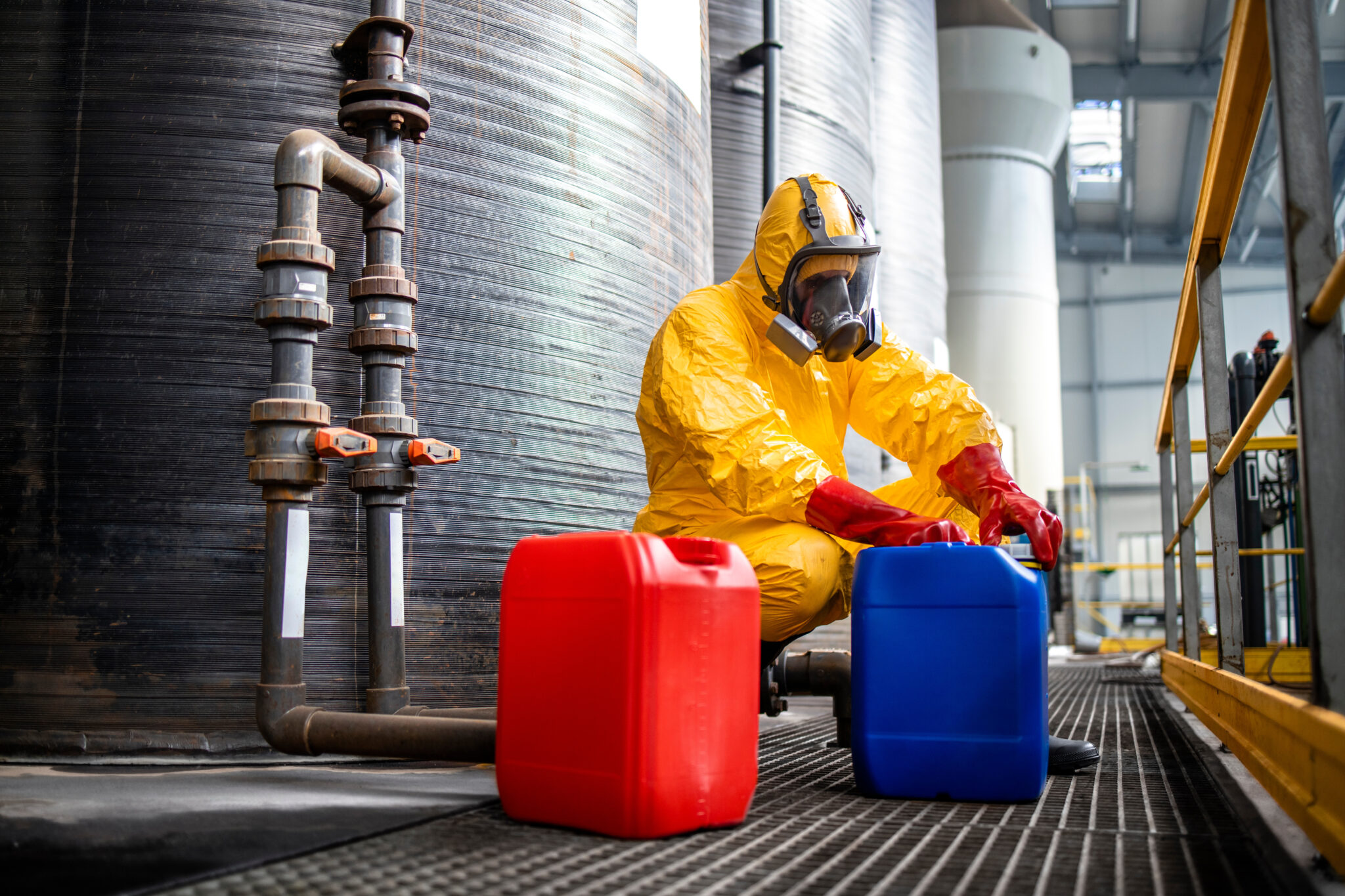New UK Regulations on Persistent Organic Pollutants
The UK government has introduced updated regulations under the Persistent Organic Pollutants (POPs) Regulations 2024, reflecting its commitment to tackling the environmental and health risks associated with hazardous substances. These updates align with global efforts to control the production, use, and disposal of POPs, ensuring compliance with the Stockholm Convention.
For businesses operating in industries that handle these chemicals, understanding the new regulatory framework is essential to remain compliant and mitigate potential risks.
What Are Persistent Organic Pollutants (POPs)?
Persistent Organic Pollutants (POPs) are chemical substances that persist in the environment, bioaccumulate through the food chain, and pose significant risks to human health and ecosystems. They are widely used in industrial applications, pesticides, and certain consumer products.
Examples of POPs include:
- Perfluoroalkyl substances (PFAS): Used in non-stick cookware and water-resistant materials.
- Polychlorinated biphenyls (PCBs): Found in electrical equipment and hydraulic systems.
- Dioxins and furans: By-products of industrial processes.
Due to their long-term environmental impact, the use and management of POPs are strictly regulated worldwide.
Key Changes in the UK POPs Regulations 2024
The updated regulations build upon previous frameworks, introducing stricter controls to align with the UK’s environmental goals and global obligations. These changes will come into effect on 31 January 2025.
1. New POPs Listed: The regulation expands the list of banned or restricted POPs, including chemicals newly classified under the Stockholm Convention. Businesses must review their products and processes to identify these substances.
2. Restrictions on Use and Disposal: Companies are required to ensure that any POPs present in their operations are used or disposed of in compliance with the updated restrictions. This includes limits on recycling and the requirement for destruction or irreversible transformation.
3. Reporting Obligations: Businesses must submit more detailed reports on the presence of POPs in their supply chains, processes, and waste streams.
4. Penalties for Non-Compliance: Failure to comply with these regulations could result in significant financial penalties and reputational damage.
What Does This Mean for Businesses?
Companies handling chemicals or products containing POPs must take proactive steps to ensure compliance:
- Audit Supply Chains
- Identify materials or products containing newly listed POPs.
- Engage with suppliers to confirm compliance.
- Update Waste Management Processes
- Review and update disposal methods to meet the new requirements.
- Ensure that waste containing POPs is treated in line with approved destruction methods.
- Enhance Documentation and Reporting
- Maintain accurate records of POPs in your operations.
- Submit required reports to regulators in a timely manner.
- Train Employees
- Educate teams on the updated regulations and their implications.
- Ensure compliance practices are implemented across all departments.
How Lisam Can Support Your Compliance Efforts
Navigating the complexities of the POPs Regulations 2024 requires robust tools and expertise. At Lisam, we provide businesses with tailored solutions to simplify compliance and chemical management. By integrating our tools into your compliance strategy, Lisam helps you stay ahead in a rapidly changing regulatory landscape.
Request a demo today and discover how Lisam can help you stay ahead of regulatory requirements.
Conclusion
The UK POPs Regulations 2024 mark a significant step in addressing the environmental and health challenges posed by hazardous chemicals. For businesses, adapting to these changes isn’t just about compliance—it’s about demonstrating a commitment to sustainability and responsible practices.
Take the first step toward compliance and environmental stewardship today. Contact Lisam to learn more about how we can help you navigate these regulatory changes effectively.
Stay informed, stay compliant, and contribute to a safer, more sustainable future.
